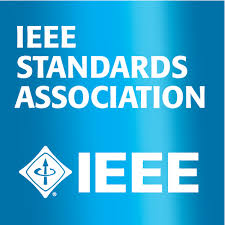
ROBOLAW.ASIA Research
Free Access to Law and CHINA-LII
Since 1949, there are about 500,000 Chinese laws and regulations in total, and a sustainable growth is expected in the next decade. However, these abundant Primary Legal Sources lack an easy accessible platform to enable Law via the Internet. In China, legal information service is dominated by Pay-As-You-Go principle, these legal database are designed for high-end customers such as law firms. We can see that this Pay-As-You-Go situation is not favorable for Chinese and foreign layman to access e-legal archives. This may prevent China from implementing necessary laws. Therefore, we will need a platform to ensure that Primary Legal Sources can be freely accessed.
The origin of CHINA-LII was from a panel discussion at Villa Schifanoia of European University Institute (EUI), Florence, and later the co-founders Dr. Yueh-Hsuan Weng and Mr. Seth Wang established its prototype at Changchunyuan of Peking University, Beijing in 2012. Later on, a summary of the panel discussion was also published in the “Internet Law Review” (2013). In 2014, the Executive Secretary Prof. Dr. Ginevra Peruginelli on behalf of CHINA-LII presented the concept platform at the 3rd Peking-Stanford-Oxford Joint Conference on Internet Law and Public Policy in Beijing, and they obtained considerable success also from Oxford and Stanford professors with whom we are still in contact.
Except to promote the free access of Chinese Primary Legal Sources, another objective of CHINA-LII is to understand how the AI technology might enhance academic research and judicial practice of law. In this case, CHINA-LII plays the role as a test bed of Legal AI.
Contribution:
01. CHINA-LII / China Legal Information Institute [LINK].
02. Ginevra Peruginelli (2014) Internet Governance and Free Access to Law: A Glance, The Third Peking-Stanford-Oxford Joint Conference on Internet Law and Public Policy, 14:50-16:15, Academic Hall, KoGuan Building, Peking University Law School, Beijing, November 22nd 2014 [LINK]
03. Yueh-Hsuan Weng, Giovanni Sartor, Giuseppe Contissa, Enrico Francesconi, Ginevra Peruginelli (2013) Law via the Internet: Why there is no LII for China?, Internet Law Review, Vol. 15, Peking University Press [LINK]



